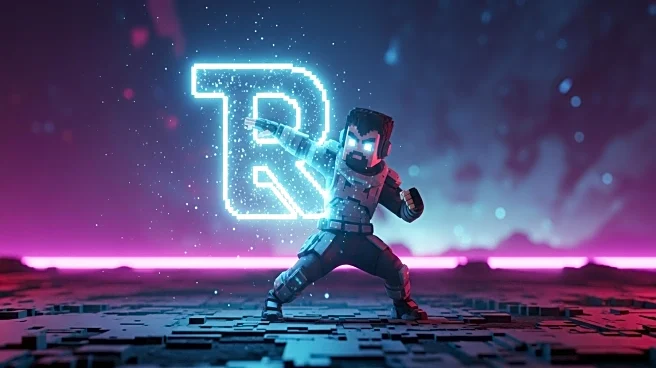What's Happening?
A modder known as Mooshies has creatively turned a cease and desist letter from Nintendo into a playable character in the Super Smash Bros. Melee game. This mod replaces Kirby's appearance with the 'Cease & Desist' skin, featuring humorous lines that parody legal language. Mooshies, who previously released a mod featuring Jimbo the clown from Balatro, initially offered it through Patreon before making it free. The modder has clarified that future mods will be free, with early access for Patreon supporters. This development comes amid discussions by former Nintendo employees about the challenges of creating a Super Smash Bros. Melee HD version due to piracy and modding issues.
Why It's Important?
This mod highlights the ongoing tension between gaming companies and the modding community. Nintendo's strict stance on intellectual property has often led to legal actions against modders, but this playful retaliation by Mooshies underscores the creative resistance within the community. The mod's popularity could influence how companies approach fan-created content, potentially leading to more collaborative or lenient policies. Additionally, it reflects the enduring appeal of Super Smash Bros. Melee, a game that continues to inspire fan engagement despite its age.
What's Next?
The release of the 'Cease & Desist' mod may prompt Nintendo to reassess its approach to fan mods, especially if it gains significant traction. The gaming community will likely watch closely for any legal response from Nintendo. Meanwhile, Mooshies' promise of free mods with early access for Patreon supporters could set a precedent for other modders seeking to balance monetization with community access.
Beyond the Headlines
This situation raises questions about the ethical boundaries of modding and intellectual property rights. While modding can enhance player experience and extend a game's lifespan, it also challenges traditional notions of ownership and control in the gaming industry. The humorous nature of the 'Cease & Desist' mod may spark broader discussions on how companies can engage with fan creativity without resorting to legal measures.










